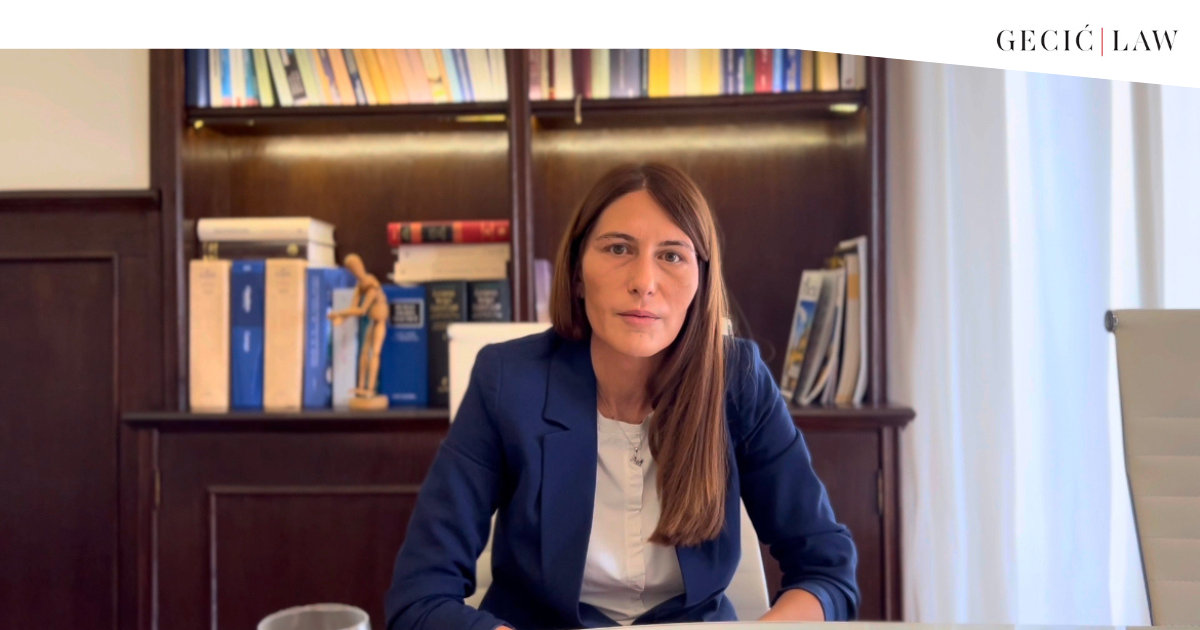

According to the International Monetary Fund, in the next 30 years, Serbia could lose as much as a fifth of its domestic workforce. On the other hand, the Serbian economy shows an opposite trend, and its growth creates a need for additional labor. When the domestic labor market cannot meet the demands of employers, this opens the doors for foreign workers. Of course, the national labor market is designed so that domestic citizens have a better position while foreigners face certain (legal) obstacles. In that sense, in this analysis, we raise the question of the legislative treatment of foreigners in Serbia and what employment opportunities a foreigner has at his disposal.
As part of the process of harmonization of the Serbian legislation with the EU legislation, Serbia adopted fundamental laws regulating the treatment of foreigners and opportunities for their employment.
The Foreigners Act (FA), as the primary regulation governing the rights of foreigners, stipulates that foreigners can stay in Serbia on four grounds:
It is also important to note that the by-laws provide that specific categories of foreigners may be granted temporary residence in Serbia, regardless of whether there are any of the grounds for granting temporary residence prescribed by the provisions of the FA, namely:
What poses a difficulty for foreigners looking for work in Serbia that, in addition to the obligation to apply for temporary residence, is that there is also an obligation to apply for a work permit under the Foreign Nationals Employment Act.
More than 20,000 work permits were issued in 2021 and the number is expected to grow significantly which means that the access of foreign nationals to the labor market in Serbia should be facilitated.
In this sense, preparing new legal texts is in progress, facilitating foreigners’ access to the labor market and simplifying the relevant procedures. For example, early drafts of legal solutions envisage the introduction of a “one-stop shop system,” which entails the issuance of a single permit for foreigners that will include both the right to temporary residence and the right to work.
Changes to the relevant regulations will enable numerous categories of foreigners to have completely free access to the labor market, without the need to issue work permits, while the “Open Balkans” initiative, the economic and political zone of three countries: Albania, North Macedonia, and Serbia, is also of great importance in this field. And which aims to relax even more the existing regulations to hire workers from abroad. Montenegro and Bosnia and Herzegovina are expected to join the “Open Balkans” initiative.
Much work still needs to be done on implementing appropriate solutions and mechanisms enabling a freer flow of labor between the signatory countries of the “Open Balkans” initiative and between Serbia and third countries. Serbia is taking steps to ensure that it does not feel the consequences of the labor shortage, which is becoming a problem for many European countries.
We discussed this topic with Miroslava Jelačić Kojić, Programme Manager at Grupa 484, a civil society organization that has been working in the field of migration for more than 25 years.
Author: Luka Đurić